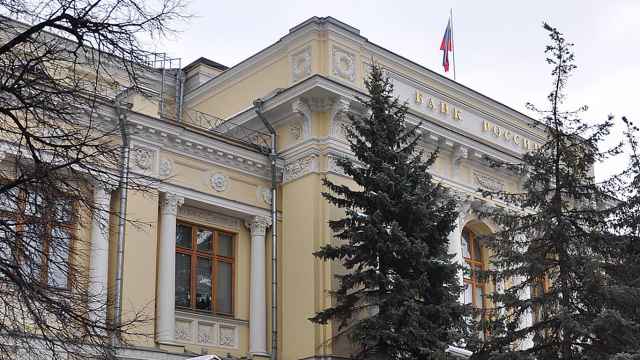ALMATY, Kazakhstan — Uzbekistan has amended its laws to devolve more power to the parliament in a move a rights group said was aimed at securing a smooth power transfer from veteran leader Islam Karimov and placating a critical West.
Last November, Karimov, 73, proposed to amend the constitution to allow lawmakers to nominate their own candidate for prime minister and call a vote of no confidence in the prime minister.
The lower house of parliament, which includes no opposition parties, voted Friday to approve the proposed amendments. Few doubt that the loyal upper house will now swiftly rubber-stamp the bill.
"This law seeks further democratization of the state, … a more balanced distribution of prerogatives among the branches of state power," the parliament said in a statement Saturday.
Buried among other amendments is a revised Article 96 of the constitution, which now says the head of the upper house would become acting head of state in the event that the president was no longer able to carry out his duties.
Previously, the article had been vague about the interim successor in the event that the head of state was unable to fulfill his duties specifically on health grounds.
"The changes … indicate that the authorities might be carrying out the next stage of power transfer to a successor or successors from among the current political elite," Sukhrobjon Ismoilov, head of an Uzbek human rights policy body, Expert Working Group, said by telephone from the capital, Tashkent.
In Uzbekistan, the issue of finding a successor is a puzzle for analysts and investors.
In 2002, Karimov, who has no sons and has not indicated who could succeed him, held a referendum that extended his five-year term to seven years. In 2007, he won another seven years in an election in which no opposition candidates were allowed to run.
The constitution lets a person be elected president for no more than two consecutive seven-year terms. It remains unclear whether Karimov will step down for good in 2014.
If he cannot carry out his duties, he now must be replaced by the upper house head — currently Ilgizar Sobirov, a little-known 52-year-old lawyer and former district head of a tiny region.
A Message from The Moscow Times:
Dear readers,
We are facing unprecedented challenges. Russia's Prosecutor General's Office has designated The Moscow Times as an "undesirable" organization, criminalizing our work and putting our staff at risk of prosecution. This follows our earlier unjust labeling as a "foreign agent."
These actions are direct attempts to silence independent journalism in Russia. The authorities claim our work "discredits the decisions of the Russian leadership." We see things differently: we strive to provide accurate, unbiased reporting on Russia.
We, the journalists of The Moscow Times, refuse to be silenced. But to continue our work, we need your help.
Your support, no matter how small, makes a world of difference. If you can, please support us monthly starting from just $2. It's quick to set up, and every contribution makes a significant impact.
By supporting The Moscow Times, you're defending open, independent journalism in the face of repression. Thank you for standing with us.
Remind me later.





